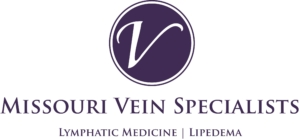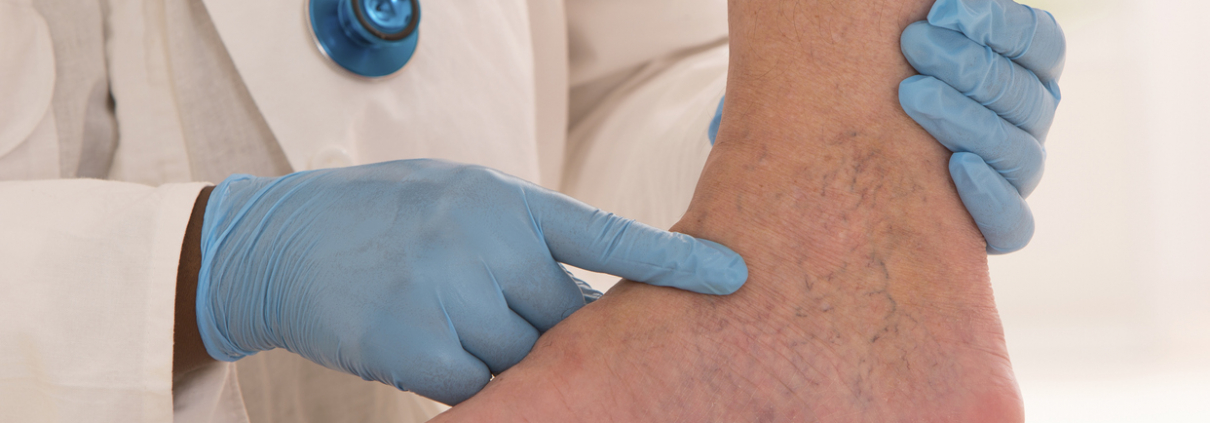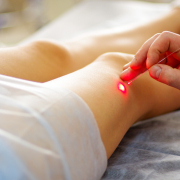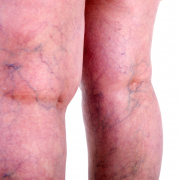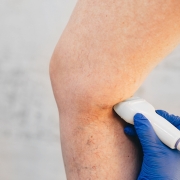What to Expect at Your First Visit to a Vein Clinic
The health of your veins provides a useful glimpse into your overall health. A key part of the circulatory system, the veins return deoxygenated blood to the heart. However, when these blood vessels get damaged, it can impair the flow of blood throughout the body. This is especially true for veins located in the legs that are far from the heart and have to work against gravity.
When Should I Visit a Vein Clinic?
If you notice any abnormal veins in your legs or experience persistent leg pain or discomfort, consider getting checked by a vein clinic doctor. Since vein disease is usually progressive, the sooner you get treatment, the better your chances of recovery. For first-timers who have never visited a vein clinic, here is what you can expect at your first appointment.
Discuss Symptoms
Just like any medical appointment, your doctor will review your medical history and ask about your symptoms. Make sure to tell your doctor pertinent information about your symptoms. This should include information such as when it strikes when it gets worse, and what you do for pain relief. Before the appointment, try to write down a list of your symptoms to move things along.
You should also share any medications or supplements that you are currently taking. If you have a family history of vein disease, make sure to disclose that as well. Make the most out of your appointment. Refrain from withholding any information that can help your doctor come up with an accurate diagnosis.
Order Tests
Your doctor at the vein clinic may perform a physical inspection to gain a better picture of the health of your veins. They may check your legs to check for spider or varicose veins. In some cases, flaky and itchy skin may indicate vein disease and poor blood circulation.
Not all vein problems may be visible on the surface. If your vein doctor suspects a deeper vein problem, they may order additional tests, like a vascular ultrasound. A vascular ultrasound uses sound waves to produce images of your blood vessels. It may also detect any abnormalities or blockages.
Your doctor will be able to evaluate the movement and speed of the blood cells within the blood vessels. They assess the health of the circulatory system through a vascular ultrasound. Beyond diagnostic purposes, a vascular ultrasound can be used to monitor the effectiveness of treatment.
Review Treatment Options
Once your doctor confirms the diagnosis, they can form a treatment plan. There is no one-size-fits-all approach to vein disease. Your doctor may recommend a combination of treatments to address your problem based on your needs and risk factors.
Some procedures may not be appropriate for certain individuals, like pregnant and breastfeeding women. Your vascular specialist will check whether you are a good candidate for the procedure. Here are common treatments and services that the vein clinics offer:
- Compression Therapy – Compression therapy is a common treatment and preventive method for most vascular conditions. It involves wearing special stockings or socks that apply gentle and controlled pressure on the leg to promote blood circulation. The pressure from the stockings compresses the blood vessels close to the surface. This helps them function more effectively and deliver blood back to the heart. The graduated compression from the socks works with the pumping action of the calf muscles. This method is usually safe for pregnant women.
- Sclerotherapy – Sclerotherapy is an injection treatment for spider or varicose veins. During the procedure, your doctor will inject a solution directly into the affected vein. The solution is designed to irritate the vein lining, causing the vein to swell and close up. Over time, the vein will become scar tissue and fade. The blood will then be rerouted to healthier veins. Sclerotherapy is quick, painless, and does not involve anesthesia. It can eliminate about 50-80% of injected veins. However, the effects are not immediate. You would have to go through multiple sessions to achieve desired results. Most patients notice visible results within three to six weeks for smaller veins. This would take around four months for larger veins.
- Endovenous Ablation – Like sclerotherapy, endovenous ablation can help with varicose veins. During this procedure, your doctor uses laser or radiofrequency energy to treat the vein disease from the inside. The high-energy waves force the veins to close and the blood rerouted to other veins.
- Vein Surgery – In severe cases where you no longer respond to non-surgical treatments, your doctor may recommend vein surgery. They may remove the affected vein through surgical methods to relieve symptoms.
Top-Notch Treatment From The Vein Clinic Of Kansas City, MO
If you are looking around for a highly rated vein clinic in Kansas City, look no further than Missouri Vein Specialists. Dr. Scott Darling is a triple board-certified specialist who can diagnose and treat all sorts of venous conditions. Dr. Darling makes sure to listen to your problem and work with you in developing a customized treatment plan.
To schedule an appointment with Dr. Darling, call us today at (816) 792-3400 or fill out our easy-to-use online appointment request form. Give us a call today and let us help you get the care you deserve.
